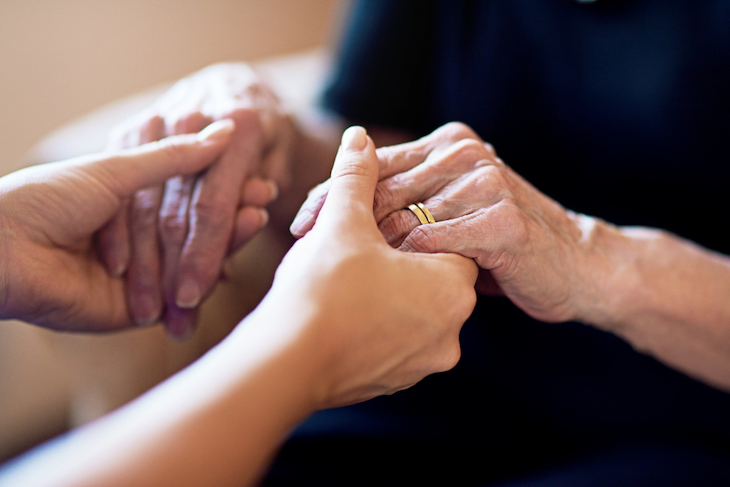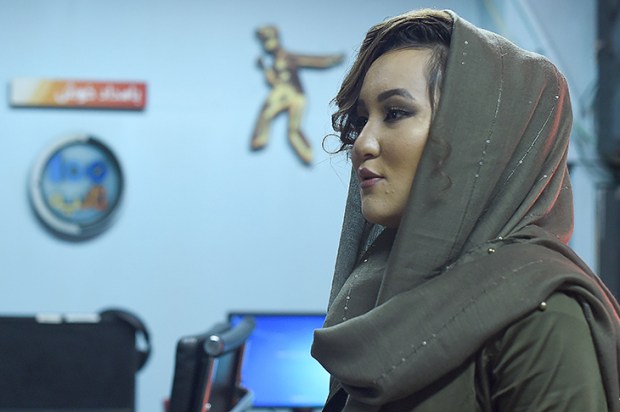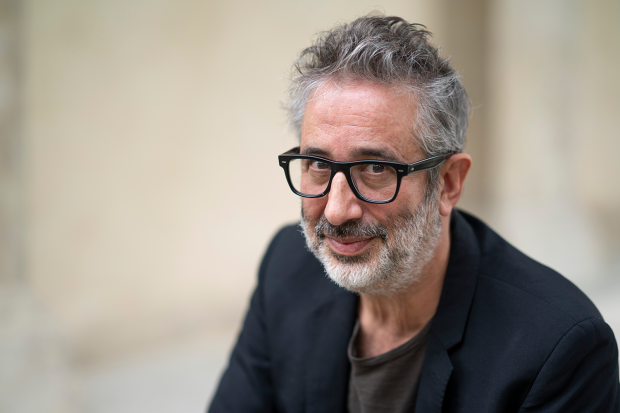Mandy was 38 when she was told she was ‘in the end stage’, suffering from COPD and finding it more and more difficult to breathe. Matthew, in his twenties, was given just four to five years of life after being diagnosed with a brain tumour. Vivek, also in his twenties, is confined to a wheelchair because he suffers from Duchenne muscular dystrophy and is already reliant on a ventilator for much of the time. Sophie has stage four lung cancer and tumours in her lungs, lymph nodes, bones and brain. You might think a programme made up of their thoughts, words, experiences would be one of lament and moping, misery and fear. Not a bit of it. Before I Go on the World Service (beautifully made by Sue Nelson) was not in the least bit self-pitying. On the contrary, the mission of Mandy, Matthew, Sophie and Vivek is to get us all talking about dying as an essential part of living, and to emphasise how being given a death sentence can change your quality of life for the better by making you really think, every minute, about the value of what you are doing.
They all know they are living in the shadow of death but, as Mandy explains, so is everyone else. From the moment we as babies take our first breath we are on a journey to the grave. We can never know when our final breath will come, not even Matthew, Vivek, Sophie and Mandy, who are so much closer to it. ‘It’s very frightening,’ says Mandy, ‘but there’s nothing you can do about it.’ Each of them, in their own way, has found a way to live with death. As Sophie says, their programme is ‘a gift from us to show you what it’s like’.
Not that despair does not also have to be confronted. Sophie could not at first come to terms with the fact that she has a young daughter who she will most likely never know as an adult. It’s ‘a grief that walks with me every day, but it also keeps me alive every day’. She was once ‘riddled with regrets’ about all the things she hadn’t done with her life, but now says she is living the life she always wanted, writing books as she had once dreamed of doing. Mandy had to give up teacher training but, now 55, she has earned an MBE for her work with palliative care and the helpline she runs by herself for other respiratory patients. ‘I’m teaching,’ she says. ‘I just came to it from another way.’
As I said this programme was so well made — edited and crafted to smooth out the rough edges and to allow the voices of those taking part to shine through. Saturday night’s archive programme on Radio 4, Close to the Edit (produced by Martin Williams), did not sound well made. I assume this was intended to show what an unedited programme would be like. Snippets of Orson Welles on film-making, clips of subterranean-sounding musique concrète beat music and soundbites from the archives used almost as found objects were interposed with an interview with Will Self talking about the cultural significance of editing, and even a chord or two from The Archers theme tune. Where, though, was the coherent thread, linking and connecting them all? In one section, which lasted for ten minutes, we were warned that the interview which the presenter Mike Figgis was having with the film editor Walter Murch (Apocalypse Now and The Godfather) was being played just as it happened, with no editorial intervention, no background music, no ‘fancy stuff’.
‘It’s your responsibility to prune all this back to make it sound more coherent than it really is,’ Murch told Figgis when asked whether he, master craftsman, would mind being edited himself. He’s so professional and so much in control of what he does that he did sound very coherent even in the unedited section, but the interview was interrupted by microphone problems and the interviewer’s questions, as if demonstrating why editing is so crucial. It’s what makes narrative work, and brings out the meaning of what’s being said.
If it’s well done, then the result will come across as if it hasn’t been edited at all. But we’re now living in a more highly edited way than ever, as digital technology has accelerated the process and made it available to everyone. Never before has it been so easy to edit what we are being shown (when Murch worked on Apocalypse Now he had a team of 36 editors; now he works with just two others). How can we trust the media when it’s possible to digitally change not just the voice of someone speaking but also the movement of their facial muscles? How will we know if they actually said what we are hearing and seeing? At the same time there is so much material now available to us on the internet to watch and listen to. How do we know what has value, where lies the truth? As Figgis concluded, please edit, but always ask what’s on the cutting-room floor.
Got something to add? Join the discussion and comment below.
Get 10 issues for just $10
Subscribe to The Spectator Australia today for the next 10 magazine issues, plus full online access, for just $10.
You might disagree with half of it, but you’ll enjoy reading all of it. Try your first month for free, then just $2 a week for the remainder of your first year.


![British poet Salena Godden presenter of Mrs Death Misses Death on Radio 4. [Photo: Roberto Ricciuti / Getty Images]](https://www.spectator.com.au/wp-content/uploads/2018/12/Radio.jpg?w=620)











Comments
Don't miss out
Join the conversation with other Spectator Australia readers. Subscribe to leave a comment.
SUBSCRIBEAlready a subscriber? Log in